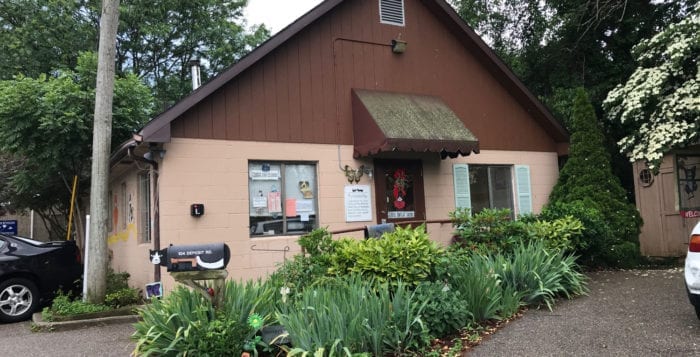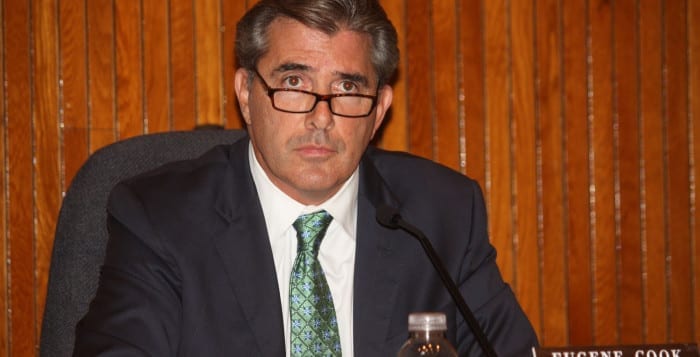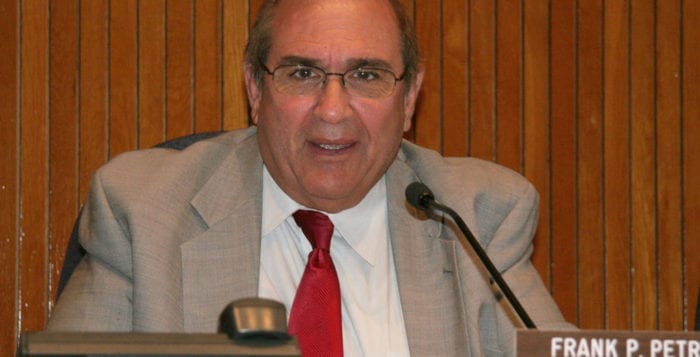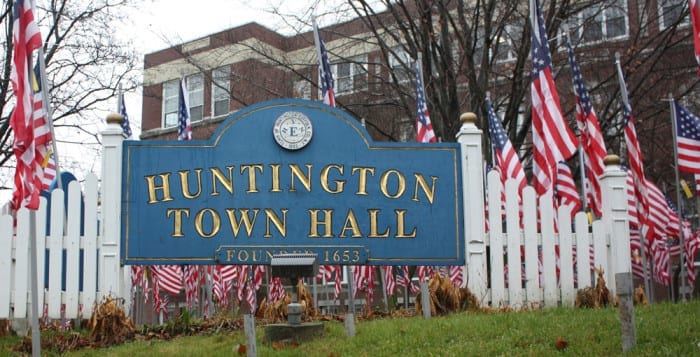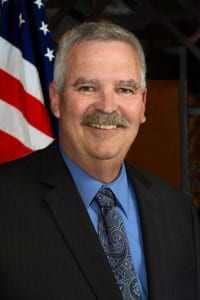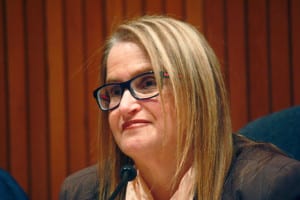By Sara-Megan Walsh
Deer hunters may need to memorize a new set of regulations in the Town of Huntington before the start of the 2017 hunting season.
Huntington Town Board has scheduled a public hearing for its Sept. 19 meeting on a series of proposed changes affecting the use of longbows for deer hunting.
“Over the past few years we’ve learned some things that have gone on during deer hunting season and want to make it safer for our residents,” Councilwoman Tracey Edwards (D) said.
The proposed changes take aim at restricting the use of a longbow under the town’s firearms regulations, not directly regulating deer hunting which falls under the oversight of New York State Department of Environmental Conservation.
Edwards, sponsor of the legislation, said the changes include requiring all hunters to provide written notification to the Town’s Department of Public Safety and the police department prior to hunting and expanding the definition of what’s considered a dwelling.
“If [hunters] are going to use the longbow we want to ensure that there’s written notification to the police department as we’ve had instances of people walking around the neighborhood, armed, and no one knows who they are,” Edwards said.
The proposed code changes will also expand the definition of a “dwelling” to include “farm building or farm structures actually occupied or used, school building, school playground, public structure, or occupied factory or church” to prevent hunters from firing at deer within 150 feet of these buildings unless they are the property owner.
“Hunting is already regulated by the DEC so the town … is outside of their scope.”
— Michael Tessitore
If the proposed amendments are passed, anyone violating the regulations would face up to a $500 fine per day and prosecution by the town attorney’s office.
The public hearing is set to take place mere days before the start of the 2017 deer hunting season, which runs from Oct. 1 to Jan. 31 under NYSDEC regulations. Town spokesman A.J. Carter said the town board will have the option to immediately enact the proposed code changes Sept. 19 if there are no substantial objections.
The board’s decision to permit bow hunting in September 2015 remains a contentious issue among local residents, particularly in the areas of Eatons Neck and Asharoken, which routinely deal with deer overpopulation.
“We’ve been having big issues with hunting with it since it began in Asharoken and Eatons Neck,” said Nadine Dumser, an Asharoken Village resident.
Dumser, who also owns property in Eatons Neck, said she has dealt with hunters who did not properly notify her as a homeowner they were active in the area but also entered her yard without permission.
“We would call police and complain about hunters being on our property,” she said. “When they finally do come, they are pretty powerless to do anything.”
Others believe that the Town’s efforts to further regulate longbow use oversteps its legal authority.
Michael Tessitore, founder of the nonprofit Hunters for Deer, said the more than 85 hunters who are members of his organization will continue to follow the DEC regulations.
“Hunting is already regulated by the DEC so the town, by taking these extra steps to regulate hunting, is outside of their scope,” Tessitore said. “I believe they are going to open themselves up to litigation.”
Tessitore, who is a licensed nuisance wildlife control operator, said he helps manage more than 100 private properties including areas in Eatons Neck, Fort Salonga, and Smithtown to make agreements between hunters and homeowners who support hunting as a form a deer population management. He’s also worked with Southampton Town to design a deer population management plan.
“I support deer hunting as a management tool,” Tessitore said. “It’s the only proven effective management tool for the overpopulation of deer.”


